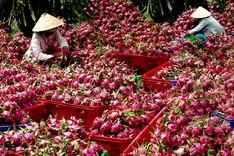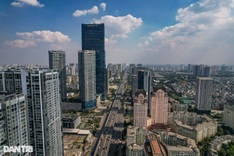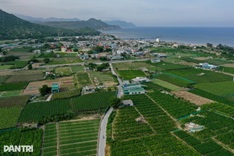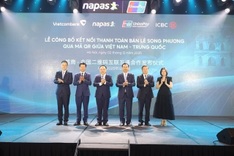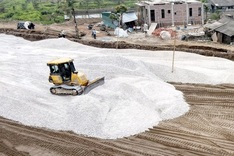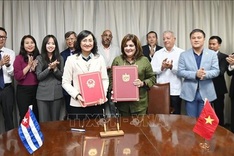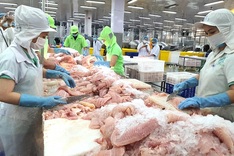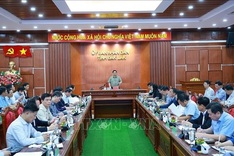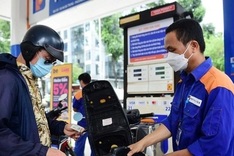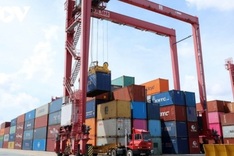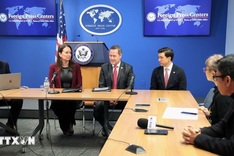 | |
| Doosan Chairman Park Yong-hyun |
Doosan Group, the country's oldest family-owned conglomerate, continues to look rock solid after a century of existence, boasting a diversified empire with strengths in heavy industries, construction, manufacturing, trading and consumer goods.
But to sustain its growth trajectory for another hundred years, Doosan Chairman Park Yong-hyun knows that it's critical for the company to integrate further into the global market and establish itself as a truly multinational industrial power.
To achieve a larger global presence, Doosan must reinvent itself as a company that is not merely respected but admired as well, Park says, as innovations and improvements in corporate responsibility and sustainability are going to be critical for opening new doors around the planet.
Doosan recently announced that it will use 0.3 percent of its entire revenue next year on corporate social responsibility (CSR) activities, which is projected to be significantly more than the 50 billion won (about $43 million) it will spend in 2009. The group is also planning to establish a specialized unit to manage and integrate the CSR activities of its affiliate companies.
``By planning ahead in corporate restructuring and smoothly executing the process, Doosan has successfully transformed from a consumer goods-oriented company to an industrial goods-oriented company in the past years. My goal now is to make Doosan into a company that is respected and loved by our people,'' Park told reporters in a recent news conference in China.
``Our goal is to become one of the world's top-200 companies by the year 2020. Now is the time for Doosan, which has a 113-year history, to start building the foundation for the next 100 years.''
Doosan, which calls Doosan Heavy Industries and Construction, Doosan Infracore, and Doosan Corporation its key affiliates, is expecting to post around 22 trillion won in revenue and 750 billion won in operating profit for this year.
The group expects its sales to bump up to 24 trillion won in 2010, with operating profit reaching 1.5 trillion won, calling the performances in its main international markets critical to its success.
Doosan made a series of key acquisitions in recent years to expand its global presence. In 2006, Doosan absorbed the British-based Mitsui Babcock, since renamed Doosan Babcock, and Kvaerner IMGB, the largest casting and forging company in Romania.
In the following year, Doosan acquired Bobcat USA, the American company that is the world's largest supplier of small construction equipment, which is now part of Doosan Infracore.
The acquisitions have made Doosan the world's seventh-largest supplier of construction machinery, company officials said.
Doosan is now casting its eyes toward Asia.
``Doosan's future lies in China, Vietnam and other global markets. Vietnam, in particular, seems to hold the biggest business upside among Southeast Asian countries,'' Park said, although adding that the company isn't involved in any merger and acquisition (M&A) talks at the moment.
``Doosan Heavy Industries and Construction is already established as a global leader in building nuclear power plants, thermal power plants and desalination plants. Doosan Infracore is the largest supplier of construction machinery in China, and combined with the business of Doosan Bobcat, the goal is to reach the global top-five status in that category,'' he said.
Improving its CSR efforts will be crucial for Doosan to gain acceptance in its new markets. Doosan Vina, the group's Vietnamese unit, joined doctors from the Chung-Ang University Medical Center to provide free medical care for people in Quang Ngai Province, one of the most isolated regions in Vietnam.
The team of volunteers conducted free surgeries on 30 patients with facial disorders, and provided medical checkups and treatments to over 700 residents.
Doosan Infracore has financially contributed to the establishment of 29 primary schools in China since 2001.
Doosan also operates the Yeongang Foundation, which has spent around $460,000 since 1988 to establish Korean studies courses in 15 universities in seven countries, starting with New Zealand's Auckland University.
The foundation announced earlier this year that it will offer financial support of $60,000 over the next three years to the Korean studies departments of six universities, including Vietnam's Ho Chi Minh National University.
The foundation has been supporting Korean educators as well, financing more than 1,800 school teachers on research trips to China and Japan since 1989.


